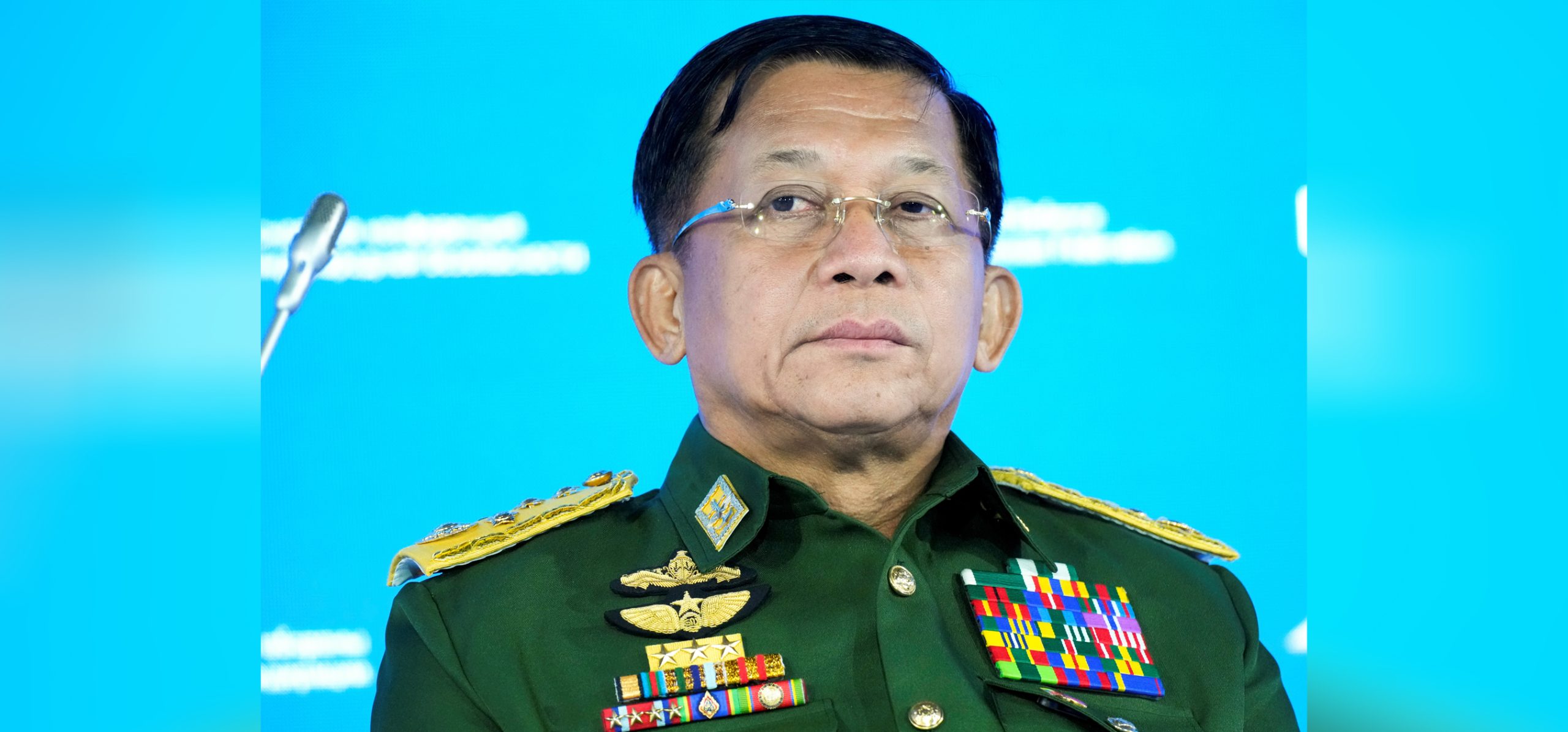To analyze whether the Myanmar military coup will fail or succeed, we need to consider several key factors including political dynamics, economic conditions, international responses, and historical context. Here’s a detailed breakdown of these elements:
Political Dynamics
Military Strength and Control
The Myanmar military, known as the Tatmadaw, has a long history of political involvement and control. It has maintained significant influence over the government, even during periods of democratic transition. The military’s organizational strength, resources, and control over key institutions give it substantial leverage.
Public Resistance
The coup has faced widespread resistance from the public. Massive protests, civil disobedience movements, and strikes have indicated strong opposition to military rule. The sustained and organized nature of these protests suggests a significant challenge to the military’s ability to maintain control without resorting to severe repression.
Ethnic Armed Groups
Myanmar is home to numerous ethnic armed groups, many of which have opposed the central government historically. Some of these groups have taken stances against the coup, further complicating the military’s efforts to consolidate power. The potential for armed resistance and increased conflict could undermine the military’s position.
Economic Conditions
Economic Impact of the Coup
The coup has severely disrupted Myanmar’s economy. International sanctions, foreign investment withdrawal, and disruptions in trade have exacerbated the country’s economic woes. A failing economy can erode public support and increase domestic instability, posing a risk to the military’s long-term rule.
Economic Leverage
The military controls significant economic assets and enterprises in Myanmar. This economic leverage allows it to sustain operations despite external pressures. However, prolonged economic decline could deplete these resources and weaken the military’s grip over time.
International Responses
Sanctions and Diplomatic Pressure
International responses to the coup have included sanctions and diplomatic condemnations, particularly from Western countries. These actions aim to isolate the military regime economically and politically. The effectiveness of sanctions depends on their scope and enforcement, as well as the military’s ability to find alternative economic partners.
Regional Dynamics
Myanmar’s regional neighbors, particularly China and ASEAN countries, play a crucial role. China has significant economic and strategic interests in Myanmar and has historically maintained relations with the military. ASEAN’s response has been more cautious, focusing on dialogue and non-interference. The stance of these regional actors could influence the coup’s outcome by providing either support or pressure on the military regime.
Historical Context
Past Military Rule
The Tatmadaw has ruled Myanmar for decades, demonstrating an ability to maintain power through authoritarian means. Historical precedents suggest the military is capable of sustaining control through repression and strategic concessions. However, the current level of resistance and international context differ from past situations.
Democratization Efforts
Myanmar’s recent experiences with democratization have created a politically aware and engaged populace. The return to military rule has been met with significant backlash, reflecting a change in societal expectations and political dynamics compared to previous eras of military rule.
Conclusion
The outcome of the Myanmar military coup hinges on a complex interplay of factors:
- Political dynamics indicate strong resistance from the public and ethnic armed groups, challenging the military’s control.
- Economic conditions suggest that prolonged economic decline could undermine the military’s sustainability.
- International responses are mixed, with significant Western opposition counterbalanced by more cautious regional actors.
- Historical context provides both precedents for sustained military rule and indications of evolving political dynamics.
Overall, while the Tatmadaw has the organizational strength and resources to maintain control in the short term, sustained public resistance, economic challenges, and international pressure present significant obstacles. The success or failure of the coup will likely depend on the military’s ability to adapt to these pressures and the resilience of opposition forces. Given the current trajectory, a prolonged period of instability and contestation is more likely than a clear-cut success or failure in the immediate future.
